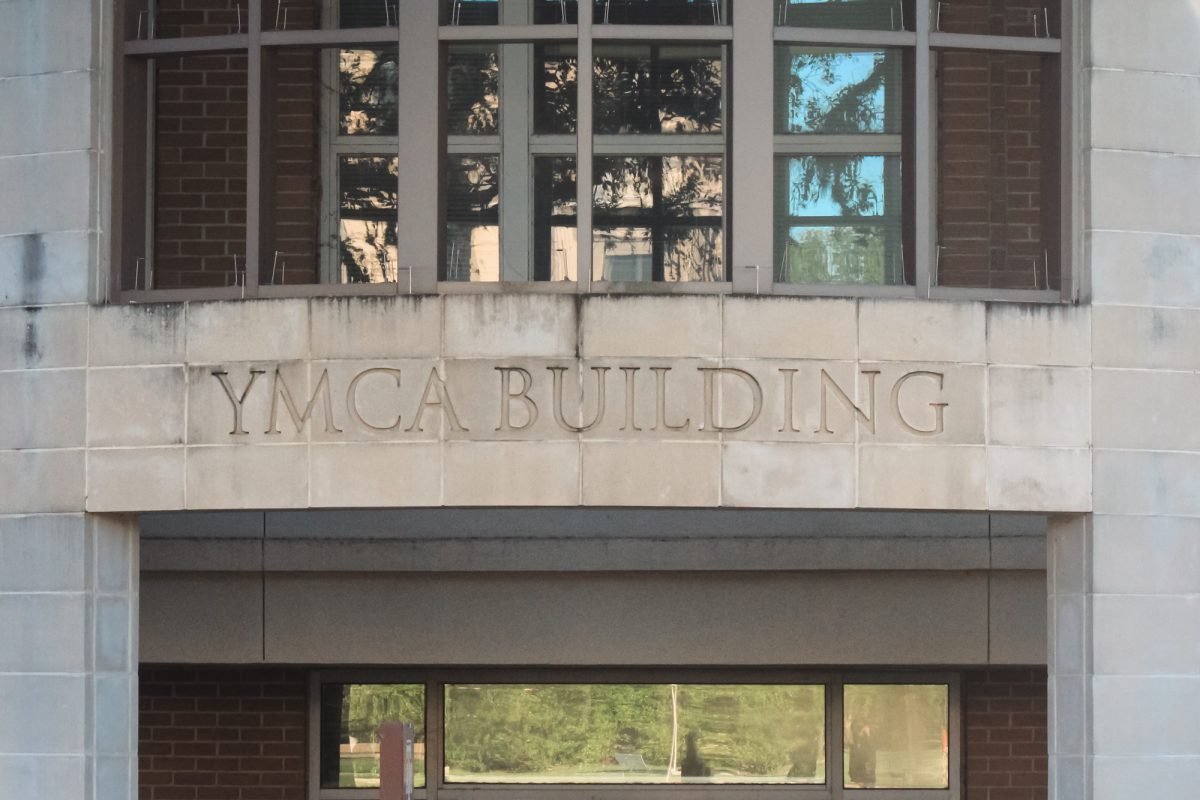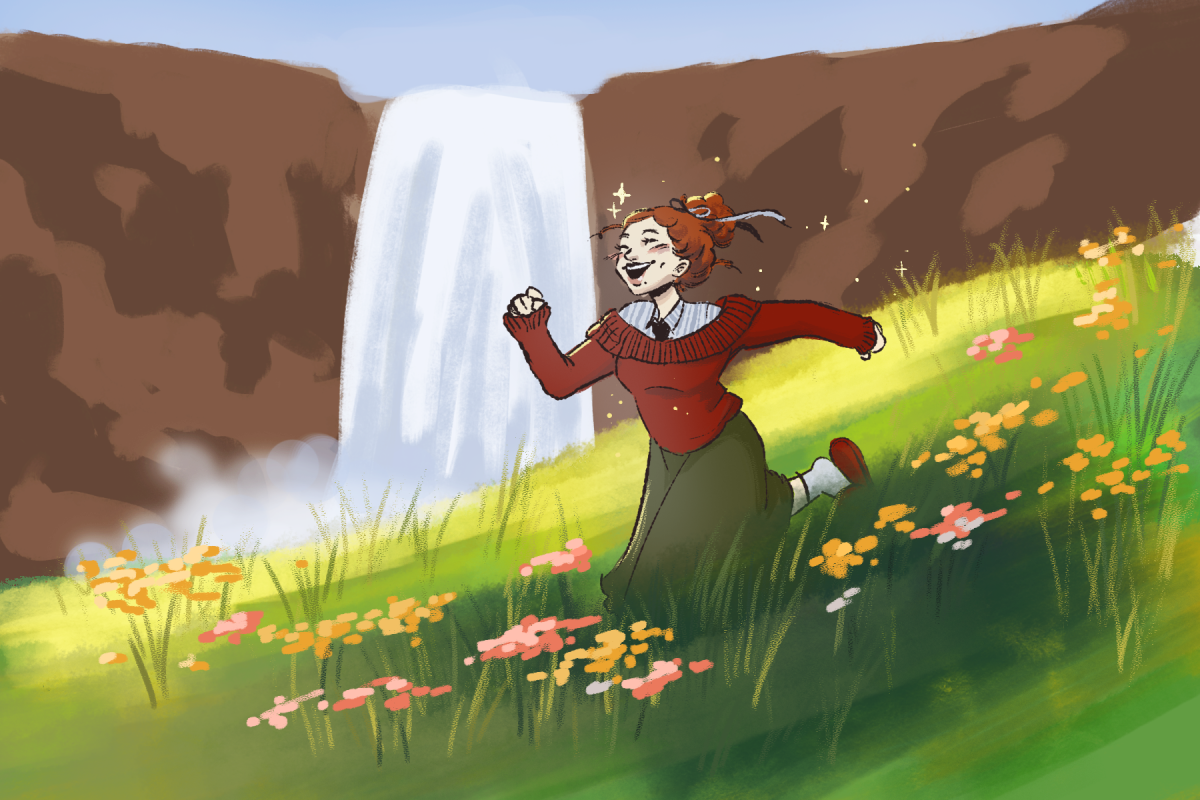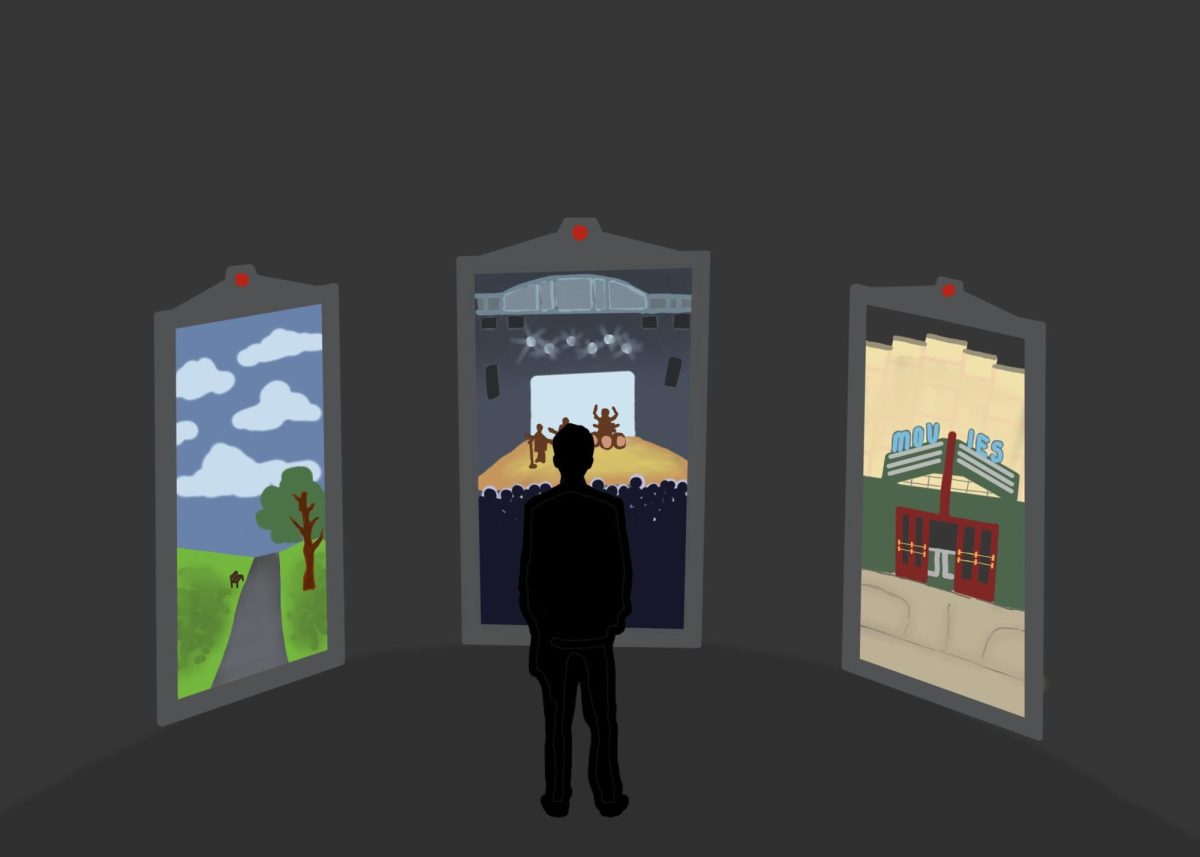Studying abroad. You think you’re prepared. You’ve read all the guidebooks, had multiple conversations with the study abroad office and have planned out your time to the minute. While this may sound great, what happens if something goes wrong? Suddenly, all your careful planning is in shambles.
This last summer, I spent three weeks in London for a study abroad program. However, I didn’t plan out every detail of my trip. In fact, I barely planned at all. Instead, I wanted to be flexible during my time abroad so that I didn’t miss any interesting opportunities that came my way. Below are some tips that I think are important for any study abroad student, things that the brochures don’t always cover.
Learn the area you live in. The dorm I stayed in was in the up-and-coming part of London. And by that, I mean half of it had developed into modern pubs, shopping and businesses. The other half — well, it was still a bit shady. There were neighborhoods with worn-down houses, dark alleys and not the best street lighting. Basically one of those places where you don’t want to find yourself alone at night. The best way to figure out which streets to go down and which ones not to is to actually walk them. Not alone of course. My first night, a group of six of us explored the perimeter around our dorm, looking for places to eat but also taking in the neighborhood.
Be flexible: This tip is so important, I don’t even know how to stress how important it is without bolding it and underlining three times. There are times in your everyday life when things change and you have to adjust — plans fall through, the weather is not in your favor, someone in your group doesn’t want to do the same activity you do. In foreign cities, it’s no different. It’s not like you go abroad and everything works out in your favor.
Here’s what not to do in a situation like that — pout about it in your room. Sure your plans fell apart, but that doesn’t mean you can’t go out and find a different, and possibly even cooler, event to fill your time.
Always take a map: With smartphones, many students have no idea how to read an actual map. They’re not sure how to position themselves so that they know which direction their facing and which direction they should walk next. Before you go abroad, practice with an actual map. Because here’s the reality – if you don’t pay for an international data plan, which in my opinion you don’t really need, and you’re not in an area with Wi-Fi, which is often when you’re walking around, you need a map. No argument. I got lost on multiple occasions. Also, don’t be afaid to ask for help. I asked people for directions and they were always kind and patient with me.
Do not stay in your dorm room: In England, the summer sun does not set until 10:30 at night. This threw me off at first. I’d start feeling tired some days around 8 p.m. and it would still be as sunny as it was at 5 p.m. But this also gave me the opportunity to explore the city later in the evening. I did walk around by myself — yes, sometimes even as the sun went down — and I never once felt like I was in danger. Act smart and use your common sense. One thing Americans especially need to watch for is drawing too much attention to themselves. If you’re not loud and brash but just go about your day like any other person, you don’t stand out so much. Sure, a local could pin you as a tourist in a heartbeat, but they aren’t going to call you out on it either.
Reverse culture shock exists: I think I experienced more reverse culture shock than actual culture shock. Coming back in the U.S., I stared at cars, having to remind myself over and over again that yes, we do drive on the right side of the road here. I kept expecting to see a double decker bus roll past me. I had to get used to driving again after riding the subway system for the last three weeks. My stomach had to adjust back to spicier foods because English food does not use as many spices on a dish of meat and potatoes as we do in the U.S.
Overall, go on your study abroad trip expecting the best but also prepared for the bumps in the road. Nothing ever goes according to plan, but if you keep an open mind and allow yourself the chance to try a new experience, your trip will be worthwhile.
Study abroad tips the brochures don’t tell you
September 24, 2014
0
Donate to The Battalion
$2790
$5000
Contributed
Our Goal
Your donation will support the student journalists of Texas A&M University - College Station. Your contribution will allow us to purchase equipment and cover our annual website hosting costs, in addition to paying freelance staffers for their work, travel costs for coverage and more!









